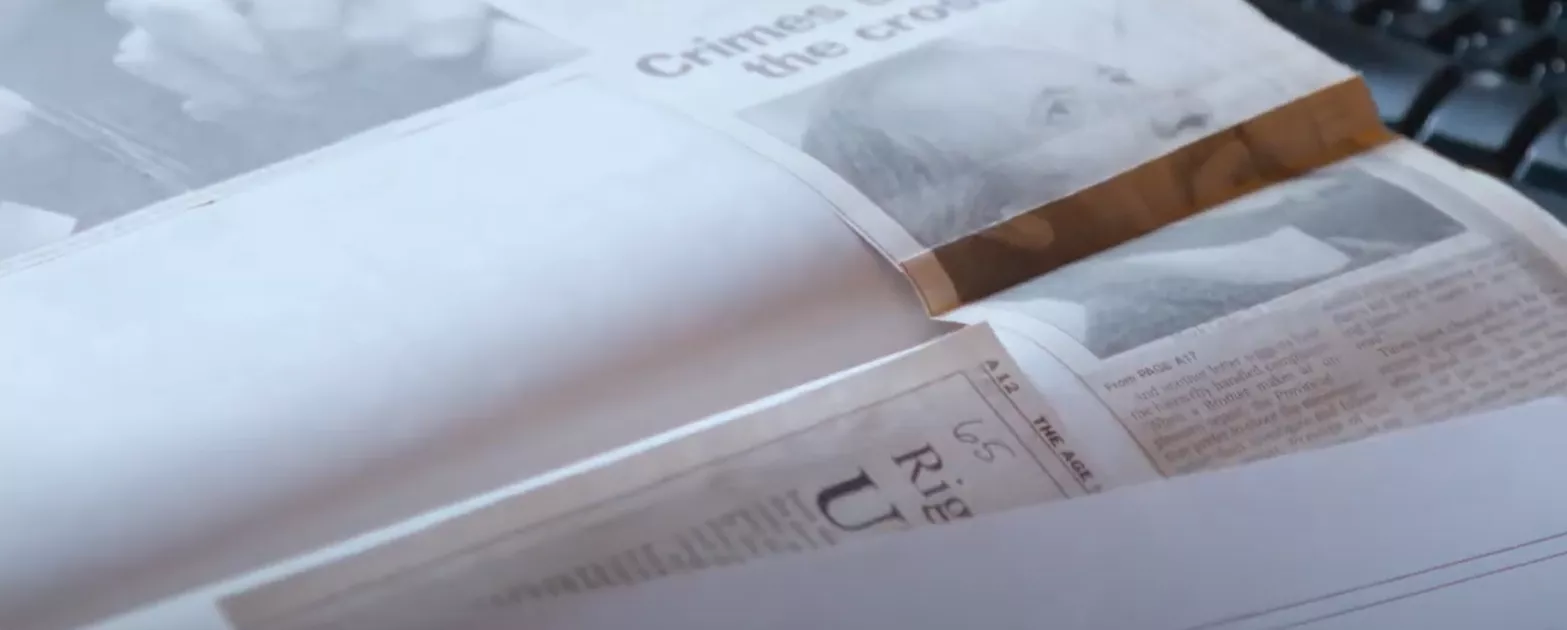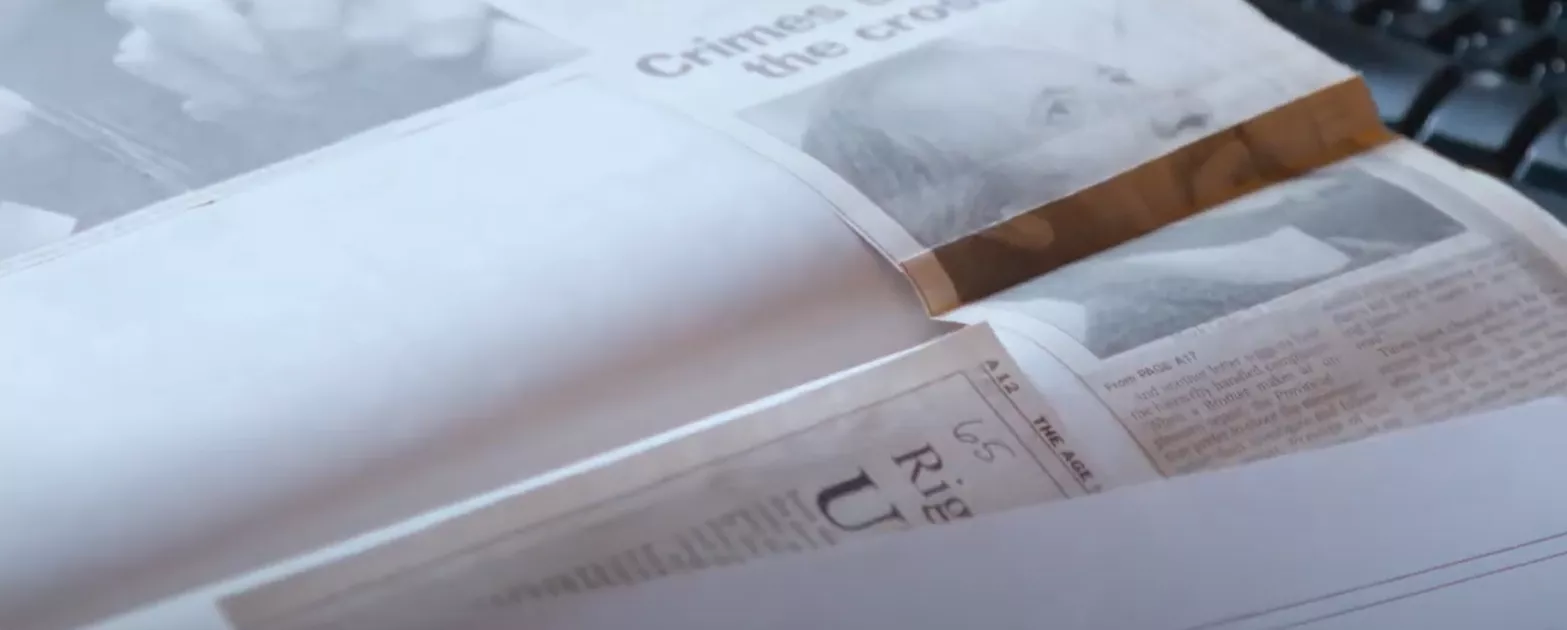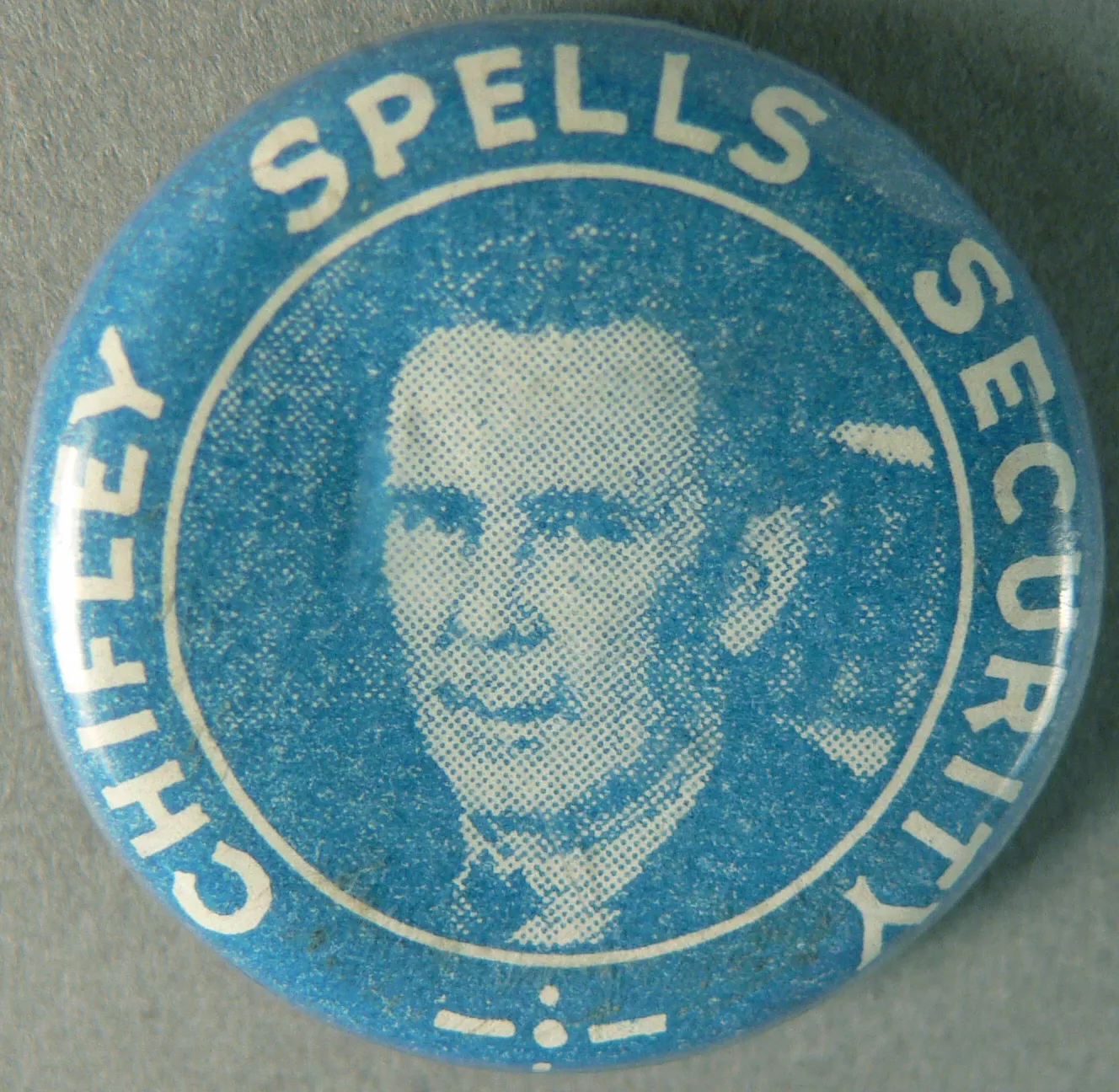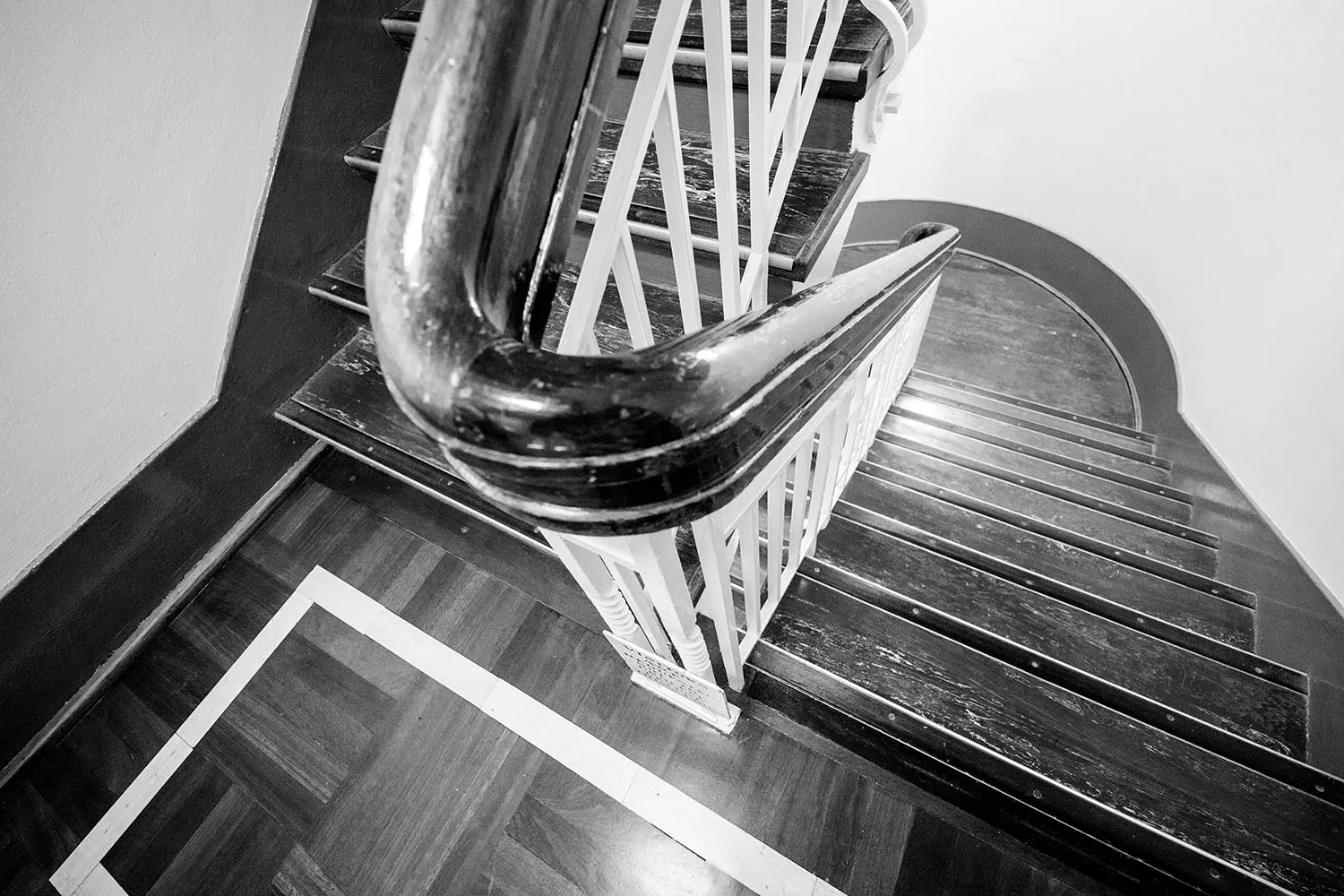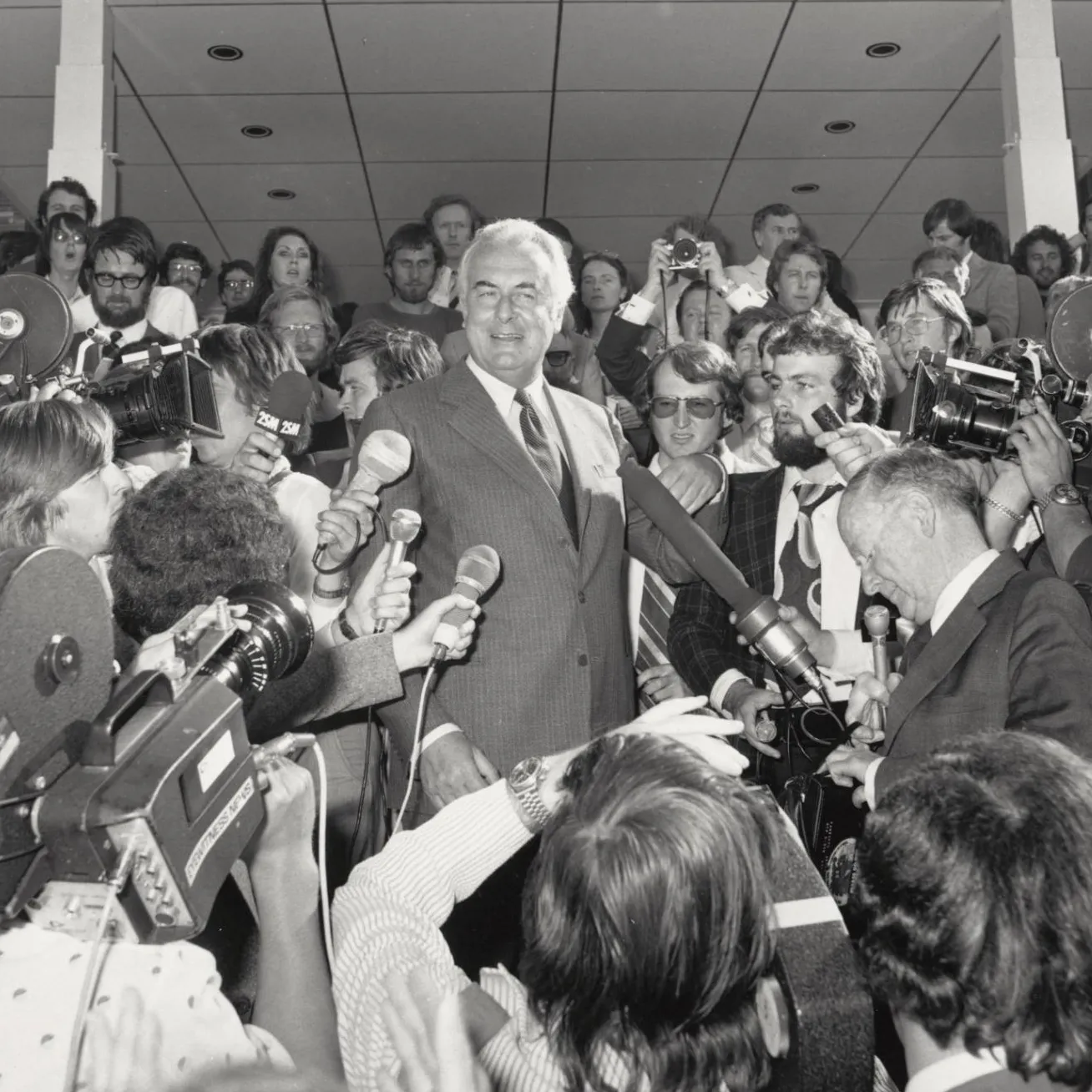Citizen activism: reclaiming childhood rights
Hear first-hand from 3 tenacious women who exemplify how citizen activism can bring about crucial social and political change.
Content warning: This page contains sensitive material including discussion of child abuse and suicide.
Their stories illustrate how public pressure can be harnessed to hold power to account by triggering a royal commission. From grassroots campaigns to mass protests, people power is essential in a healthy democracy. Democracy Are You In? highlights how activism can take many forms, from championing legislative change, joining a political party or a citizen's jury, voting or even standing for public office.
'The allegations that have come to light recently about child sexual abuse have been heartbreaking... They deserve to have their voices heard and their claims investigated. I believe a Royal Commission is the best way to do this.'
- Former Prime Minister Julia Gillard announcing the Royal Commission into Institutional Responses to Child Sexual Abuse, 12 November, 2012
A healthy democracy relies on its citizens to speak out about injustice and take action.
Royal Commissions are the highest form of public inquiry in Australia. They are established by governments to examine issues of major social significance, usually following public pressure on governments to ‘do something’.
One of the largest and most significant public inquiries ever conducted in Australia and internationally was the result of citizen activism. Australians were galvanised to stand up to powerful institutions and fight for justice and social change.
The Royal Commission into Institutional Responses to Child Sexual Abuse arose from decades of community activism as people reclaimed childhood rights to safety.
As stories of institutional child abuse were increasingly exposed by the media, calls grew for a Royal Commission. Then Prime Minister Julia Gillard announced the establishment of the Royal Commission on 12 November 2012.
The Royal Commission shone a light into a dark corner of Australian society. Over a 5-year period it investigated organisational failures to protect children and exposed the often devastating impact of child sexual assault. More than 8,000 Australians shared their stories in public hearings and private sessions.
The Royal Commission sparked a national conversation on child safety and made wide-ranging recommendations, including redress for victims and survivors and reforms to better protect children in the future.
On 22 October 2018, Prime Minister Scott Morrison delivered an apology on behalf of the nation to survivors of institutional abuse, one of the recommendations of the Royal Commission.
In 2019 La Trobe University and MoAD began a project to research and document the role of active citizenship in the establishment and unfolding of the Royal Commission.
This short documentary web series profiles 3 extraordinary activists who were instrumental in the battle to expose institutional child abuse and organisational cover-up.
Chrissie Foster
Chrissie Foster is a mother, author and prominent advocate for people impacted by sexual assault. Her book, Hell on the way to heaven, documented the experience of her family following the discovery that 2 of her daughters had been sexually assaulted by a priest at their local primary school.
Chrissie was awarded the 2018 Human Rights Medal for her 'enormous contribution' to the Royal Commission into Institutional Responses to Child Sexual Abuse.
Leonie Sheedy
Leonie Sheedy is the CEO of Care Leavers Australasia Network (CLAN)—a national, independent, peak membership body that represents, supports, and advocates for people who were raised in Australian and New Zealand orphanages, children’s homes and foster care.
Leonie and CLAN demonstrate the tenacity, the creativity, and sheer determination of this group of activists, who have demanded justice for more than 20 years.
Joanne McCarthy
Joanne McCarthy is a journalist with the Newcastle Herald. She began her career in journalism in 1980 and joined the Newcastle Herald in 2002. From 2006 she started writing about child sexual abuse in institutions, with a particular focus on the Catholic Church. Her articles exposed numerous church cover-ups of abuse, and along with the editorial team at the Newcastle Herald, called for a royal commission through the Shine a Light campaign.
Joanne was awarded a Gold Walkley Award in 2013. She is also featured in our Truth, Power and a Free Press exhibition.
Project team
This documentary web series was a partnership between MoAD, La Trobe University, and Care Leavers Australasia Network (CLAN). The Project team included Associate Professor Katie Wright and Sari Braithwaite (La Trobe University), Emeritus Professor Shurlee Swain (Australian Catholic University), Michael Evans (MoAD) and Professor Johanna Sköld (Linköping University, Sweden).
The project is funded by La Trobe University and MoAD. The films were shot and edited by How Far Films.
Advisory Committee
The project team and MoAD extend their thanks to the Advisory Committee who provided valuable feedback on the development of the documentary series: Julie Blyth, Judy Courtin, Peter Gogarty and Frank Golding.
The work of the Royal Commission and the stories told here may bring up strong feelings. You are not alone and there are support services to assist. Some are listed below:
1800 Respect - Call 1800 737 732 or visit www.1800respect.org.au 24/7 telephone and online crisis support, information and immediate referral to specialist counselling for anyone in Australia who has experienced or been impacted by sexual assault, or domestic or family violence.
Lifeline - Call 13 11 14 or visit www.lifeline.org.au 24 hour crisis support and suicide prevention.

